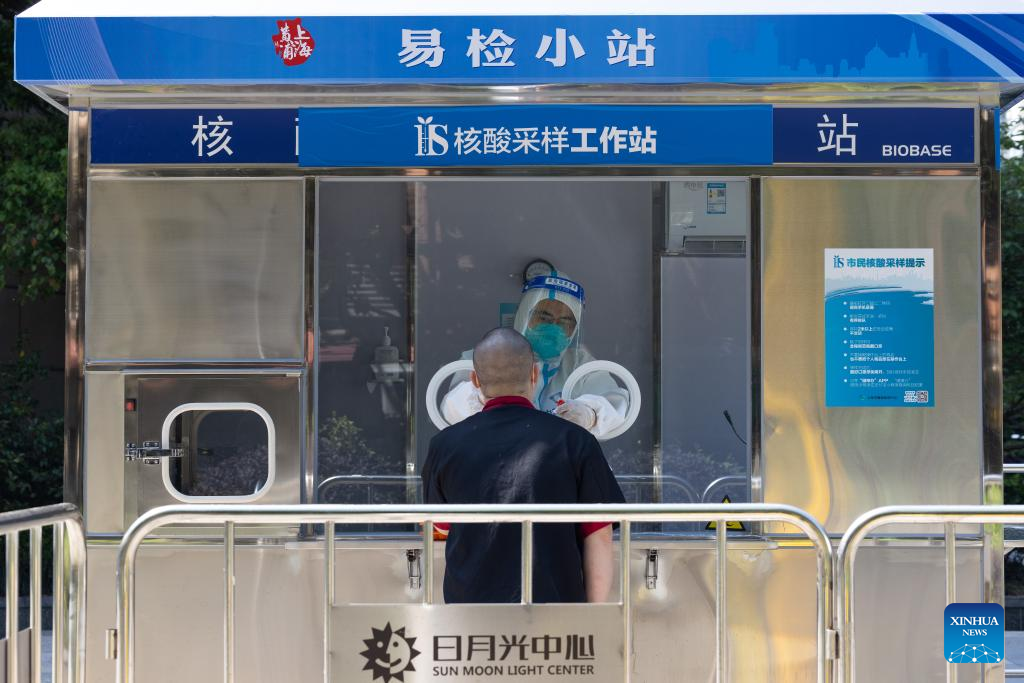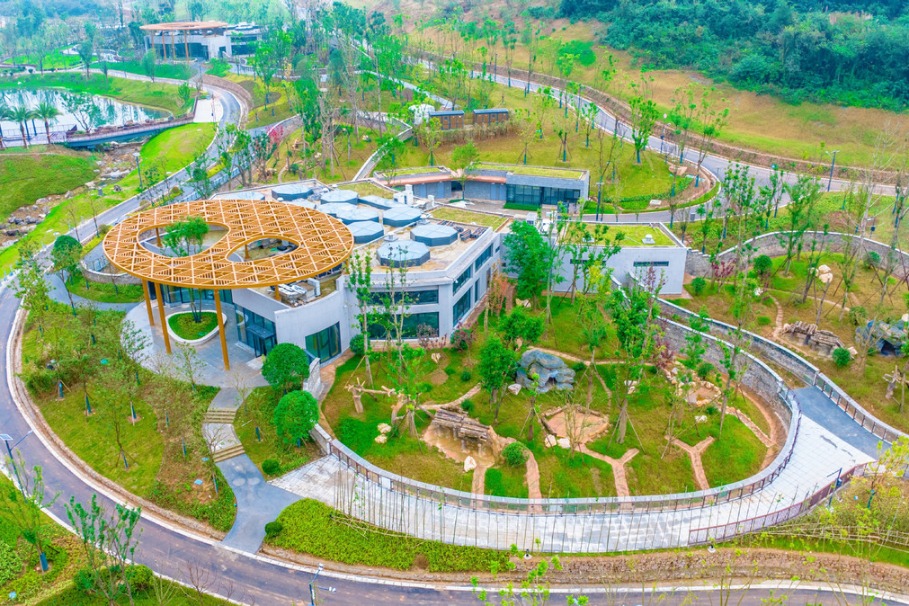Health commission offers new guidance on COVID-19 testing


Expert says blanket campaigns should not turn into norm in areas of low risk
Mass COVID-19 nucleic acid testing should only cover regions at risk of the novel coronavirus spreading, so as to detect infections early and efficiently while minimizing the impact on people's lives, health authorities said on Thursday.
He Qinghua, an official with the National Health Commission's bureau of disease prevention and control, said on Thursday that local governments should organize the frequency and scope of testing campaigns based on local epidemic conditions.
"Blindly expanding the range of testing should be avoided," he said during a news conference held by the State Council's Joint Prevention and Control Mechanism.
He said the first round of testing in COVID-19 lockdown zones should be completed within 24 hours, while in controlled zones the first round should be completed within 48 hours.
"For regions that have seen no recent infections and face no risk of imported cases, testing should not become a norm there," he added.
He said the key at present is improving the sensitivity of monitoring and prioritizing testing high-risk groups and regions.
"It is unnecessary for people in low-risk areas and those staying at home for long periods to test frequently," he added.
He made the comment as many residents find themselves subject to frequent nucleic acid tests despite their local outbreaks having been effectively reined in.
Li Ang, deputy director of the Beijing Health Commission, said during the conference that Beijing now requires a negative nucleic acid result taken from within 72 hours, rather than 48 hours, to enter public venues, such as shopping malls, supermarkets and parks.
"Because the incubation period of Omicron is three days on average, the adjustment is intended to identify potential cases promptly while minimizing the impact on people's normal lives and production," he said.
In Beijing, several testing companies have been recently found in violation of regulations, such as diluting samples intentionally, which would affect the accuracy of test results.
"We have a zero-tolerance principle against such violations and will investigate each one of them," he said.
Guo Yanhong, an official with the commission's bureau of medical administration, stressed that nucleic acid testing agencies committing severe violations will be shut down immediately, while those failing checks will be ordered to rectify them immediately.
Li, the official from Beijing, said the commission has launched several rounds of random checks on testing laboratories during the recent outbreak in the capital, including more than 600 inspections of third-party laboratories in the past two weeks.
- China-Laos international passenger line launched
- Beijing receives climate award at COP30 Local Leaders Forum
- Natl fire safety month promotes public safety awareness, risk prevention
- China reforms research review to boost young university staff
- Chinese researchers find freshwater snail species missing for nearly a century
- Top court strengthens legal protection for private firms




































